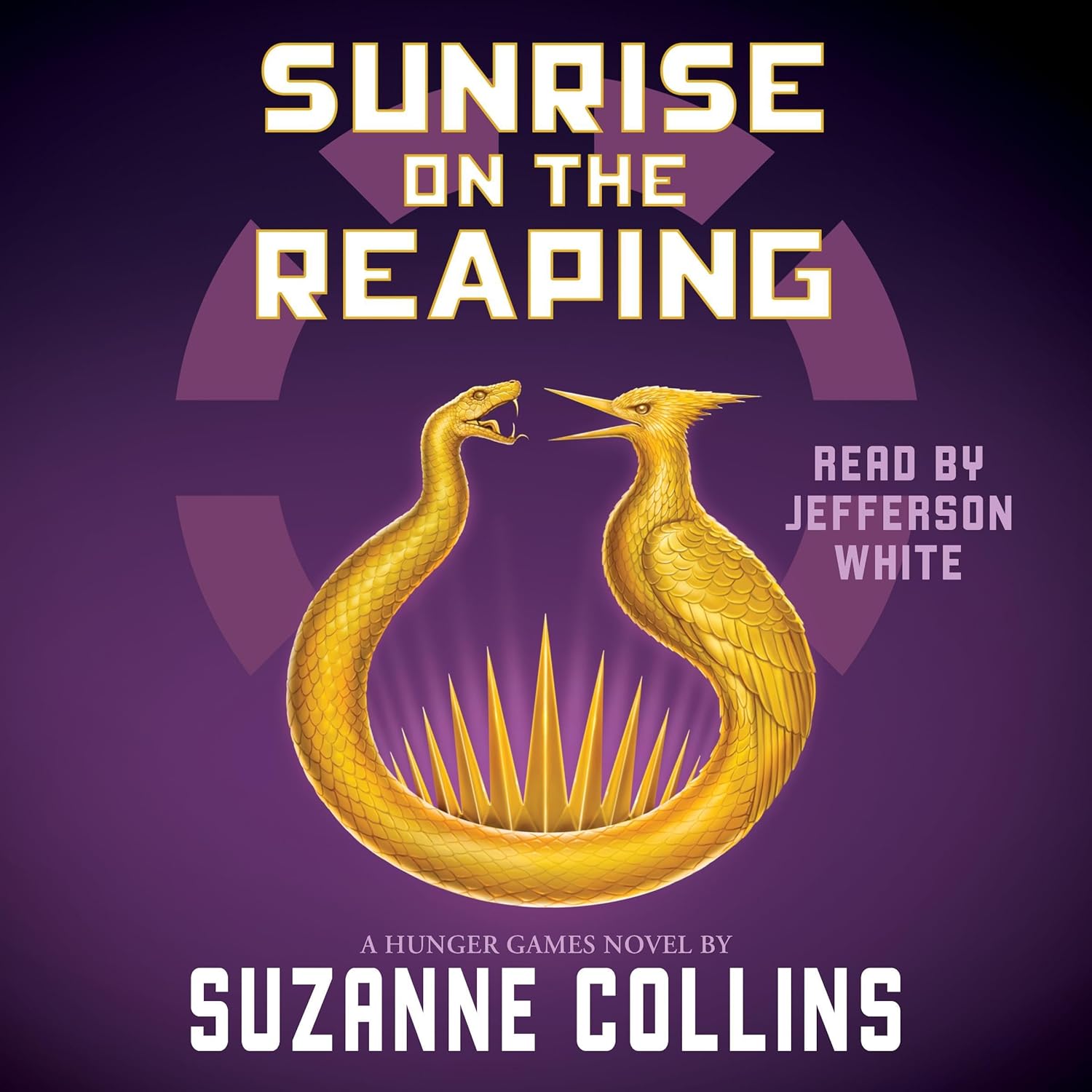[toc]
hunger games survival irony and moral dilemmas
Sunrise on the Reaping (A Hunger Games Novel) (The Hunger Games)
Page 294 Review
The Absurdity of Preparedness: A Commentary on Hunger Games Strategy
Suzanne Collins’s The Hunger Games presents a brutal world where survival hinges on resourcefulness and strategic thinking.
In this excerpt, we find our protagonist grappling with the irony of her extensive preparations.
The seemingly abundant resources of the arena mock her foresight, raising questions about the true nature of preparedness in the face of unpredictable circumstances.
The Ironic Abundance
The protagonist’s frustration is palpable as she encounters an environment teeming with sustenance. “The woods are as picture-perfect as the meadow, full of sweet colorful things, but the farther I press on, the madder I get.
That tree?
Groaning with apples.
Those nests?
Full of eggs.
And streams burbling with crystal-clear water abound.” This idyllic scene directly contradicts the scarcity she anticipated, leading to a sense of foolishness and resentment.
The question arises: Is preparation truly valuable when the environment offers everything needed for survival?
The Weight of Unnecessary Burden
The weight of her backpack symbolizes the burden of unnecessary preparation. “If it’s in my backpack, it’s easy pickings.
Probably I could dig anywhere and find potatoes.
Was my entire pack just a big joke?
Here I am, hauling twenty-five extra pounds around like a saphead.” This internal monologue reveals a growing awareness of the potential futility of her efforts.
The physical weight mirrors the psychological burden of carrying supplies that now seem redundant.
The protagonist’s struggle highlights the importance of adaptability over rigid planning.
Sometimes, the best strategy is to embrace the present and utilize the readily available resources.
Mortality and the Games’ Unconventional Pace
The narrative starkly contrasts the protagonist’s personal struggle with the grim reality of the Games. “I hear two more cannon shots.
Twenty dead now.
In a usual Games, only four tributes would be left alive.
This year, twenty-eight of us remain.” This stark reminder of the competition’s lethality underscores the unusual pace of this particular Hunger Games.
The slower attrition rate could be attributed to various factors, such as the abundance of resources, the tributes’ strategies, or even manipulations by the Gamemakers.
It certainly emphasizes the prolonged psychological toll on the tributes as they navigate the arena.
Thirst, Reflection, and Morality
The stream provides not only physical sustenance but also a moment of reflection. “When my thirst begins to get to me, I stop by a stream.
Propping my pack against a tree, I scoop up a few handfuls of icy water.
It’s a little metallic, but not so much as our well water back home.
I slow down, though, because guzzling cold water on a hot day can give me a bellyache.” This simple act of quenching her thirst is juxtaposed with a moment of vulnerability and consideration.
The Rabbit and the Question of Compassion
The encounter with the rabbit triggers a moral dilemma. “As I lean against my pack, a dove-colored rabbit hops up across the stream from me and helps itself to a good, long drink.
It sits on the bank, ears twitching, reminding me that I’ve helped Burdock set snares on occasion.
I don’t have any wire, though.
And could I possibly kill a creature that brings to mind my girl?” The rabbit becomes a symbol of innocence and vulnerability, prompting the protagonist to question her capacity for violence.
The association with “my girl” (presumably Prim, her younger sister) humanizes the protagonist and introduces a conflict between survival and compassion.
It demonstrates that, even in the brutal world of the Hunger Games, moral considerations can still influence actions.
The Power of Connection and the Weight of Choice
Ultimately, this excerpt demonstrates the complexities of survival in the Hunger Games.
It’s not just about physical strength or strategic planning; it’s about the internal battles between logic and emotion, necessity and morality.
The protagonist’s journey is one of self-discovery, forcing her to confront the true cost of survival and the enduring power of human connection.
The decision of whether or not to kill the rabbit serves as a poignant representation of the difficult choices that define her character and shape her destiny.
Buy full ebook for only $15: https://www.lulu.com/shop/suzanne-collins/sunrise-on-the-reaping-a-hunger-games-novel-the-hunger-games/ebook/product-e7496ww.html?page=1&pageSize=4
Hunger Games Survival Irony And Moral Dilemmas
Read more: Rebellion’s Cry: Analyzing a Key Excerpt
Read more: Rebellion’s Cry: Analyzing a Key Excerpt
Read more: Rebellion’s Cry: Analyzing a Key Excerpt

